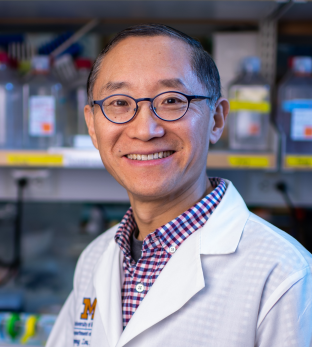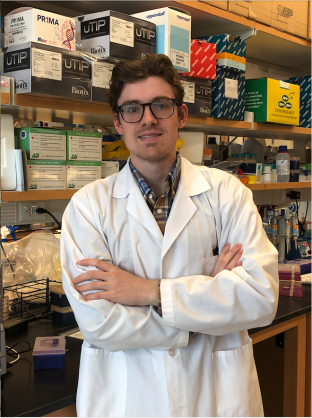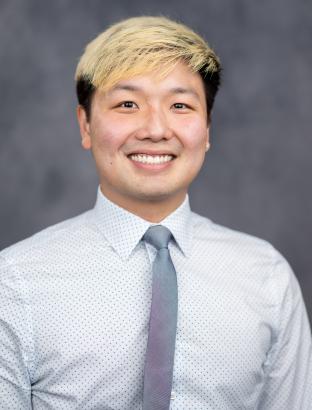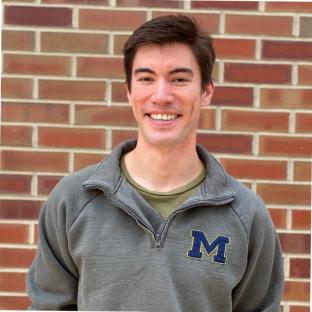Biography
Research Interests
The Zou laboratory uses multidisciplinary research approach and models, including systems biology and bioinformatics, the in vitro and ex vivo culture systems, basic immunology and molecular biology tools, specific genetic animal models, and patients treated with different types of therapy; and investigates the involvement of several immunological and biological pathways in the tumor microenvironment. Their research interests are to understand the nature of the immune responses in the tumor microenvironment, and their relevance in clinical translation and therapeutic application.
Reseach Opportunities for Rotating Students
We study genetic, epigenetic, metabolic, and autophagic mechanisms controlling APC and T cell trafficking and function in the tumor microenvironment, thereby impacting on tumor progression, metastasis, and therapeutic efficacy. Ongoing work is focused on identifying the molecular basis, that defines different immune and biological phenotypes of tumors, and shapes tumor responses to immunotherapy, chemotherapy, targeted therapy, and radiation therapy. These studies will eventually help identify previously unknown therapeutic targets and inform novel combinatorial therapeutic approaches that should expand the range of patients who respond to current immunotherapies.






